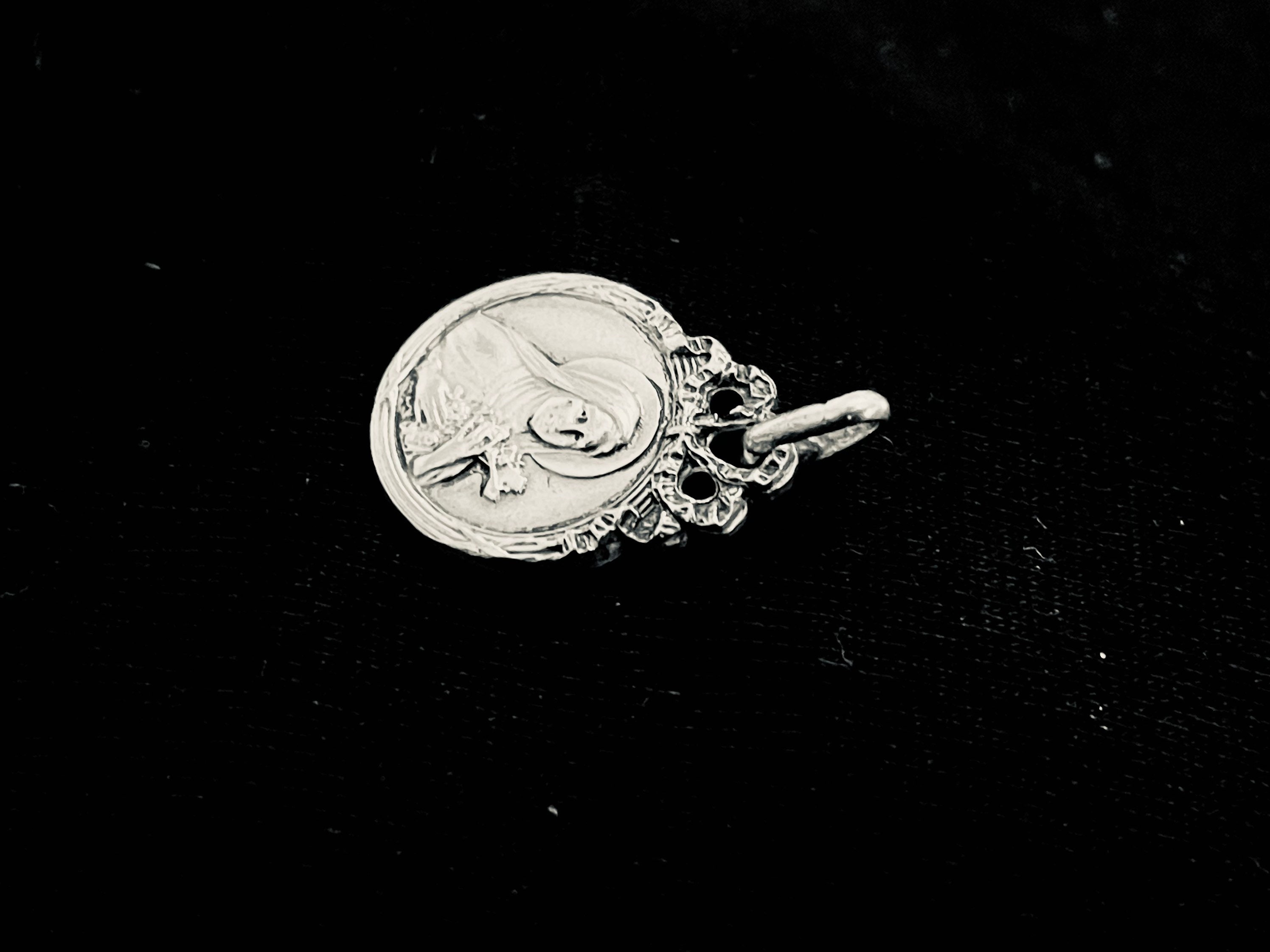


You may drive out Nature with a pitchfork, yet she still will hurry back Naturam expellas furca, tamen usque recurret. Can be found in his Unpublished Scientific Papers of Isaac Newton: A selection from the Portsmouth Collection in the University Library, Cambridge, 1978 edition īased on Servius' commentary on Virgil's Georgics (3:96): "turpis non est quia per naturam venit." Sir Isaac Newton's famous quote, defining foundation of all modern sciences. Nature is exceedingly simple and harmonious with itself Shortened form of " sicut natura nil facit per saltum ita nec lex" (just as nature does nothing by a leap, so neither does the law), referring to both nature and the legal system moving gradually.Ī famous aphorism of Carl Linnaeus stating that all organisms bear relationships on all sides, their forms changing gradually from one species to the next. Nature does not make a leap, thus neither does the law Derived by Arthur Schopenhauer from an earlier source. That is, the natural world is not sentimental or compassionate. The name of the zoo in the centre of Amsterdam short: "Artis".Ĭf. Pseudo-explanation for why a liquid will climb up a tube to fill a vacuum, often given before the discovery of atmospheric pressure.

Refers to a situation where an unborn child is deemed to be entitled to certain inheritance rights. The unborn is deemed to have been born to the extent that his own inheritance is concerned
#PECUNIA EFFUNDAM SUPRA ME MEANING PRO#
Nasciturus pro iam nato habetur, quotiens de commodis eius agitur When we are born we die, our end is but the pendant of our beginning Nascentes morimur finisque ab origine pendet Also commonly known by the letters of Isaac Newton: "If I have seen further it is by standing on the shoulders of giants". Dwarfs standing on the shoulders of giantsįirst recorded by John of Salisbury in the twelfth century and attributed to Bernard of Chartres.


 0 kommentar(er)
0 kommentar(er)
